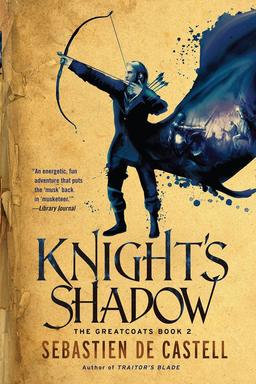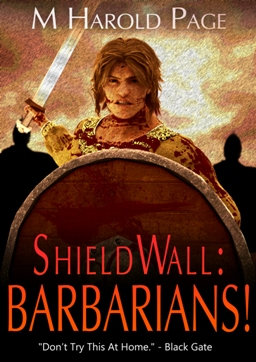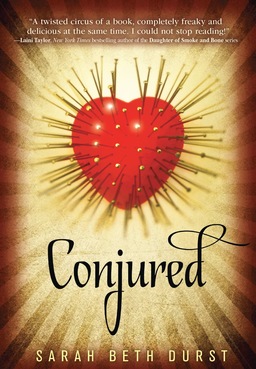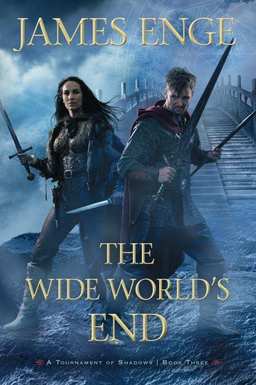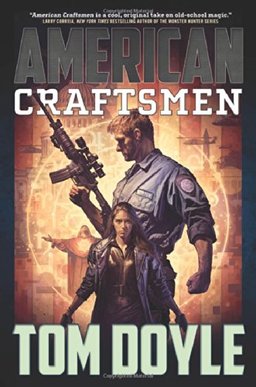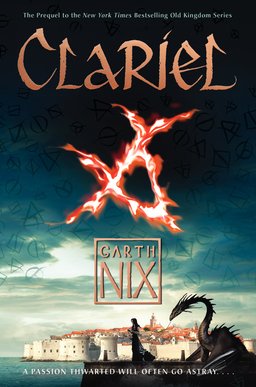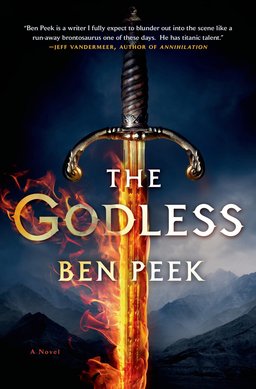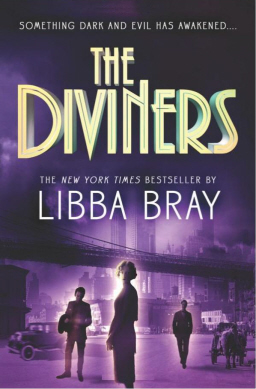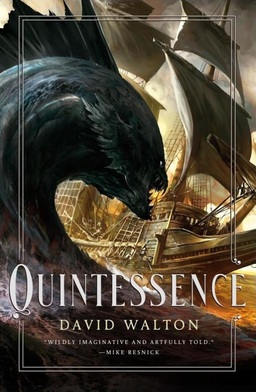How One Award-Winning Author Thinks About Awards
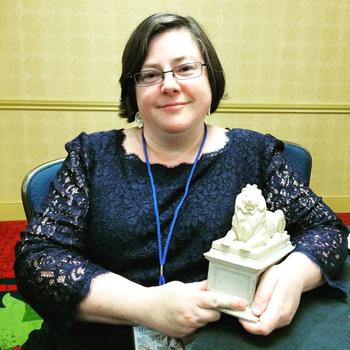
A funny thing happened on my way to lifelong obscurity. I accidentally won a book award.
The award didn’t quite fall out of the sky and land on my head. After all, I had put the best I had to give, day after day, for many years, into the book’s drafts. Then I’d sent it to the most exacting readers I knew, and put the absolute best I had to give into revising it. Tales from Rugosa Coven was worthy. I had just stopped expecting anyone who didn’t already know me to notice.
And that was all right. I had other projects in process, and I when I sat down to work at them, I put the best I had to give into them, too. It’s joyful work. Universe willing, I’ll get to do it for the rest of my life.
Well, someone noticed. When the Mythopoeic Society shortlisted me for their award, it was such good news I was sure it had to be an error. The award may not be widely known in mainstream literary circles, but in the world of fantasy literature, it’s a big deal. I traveled to Mythcon to meet my unexpected readers, who were excited to see me. People who’d never met me had actually read my book and wanted to talk about it. I’m not being facetious when I say it was an utterly disorienting experience. The strength of the rest of the shortlist was such that, every time I sat down to write acceptance remarks just in case I won, I found myself drafting congratulatory emails and rehearsing what I’d say to my hotel roommate, a fellow nominee. If she hadn’t insisted that I must at least prepare a few notes, I have no idea what I’d have said at the podium when my hosts put the Aslan in my hand.
Even now, a month later, it’s hard to believe it really happened. Now I know what trophies are for. They’re how dark horse candidates who win things confirm for themselves that it wasn’t all a dream.
